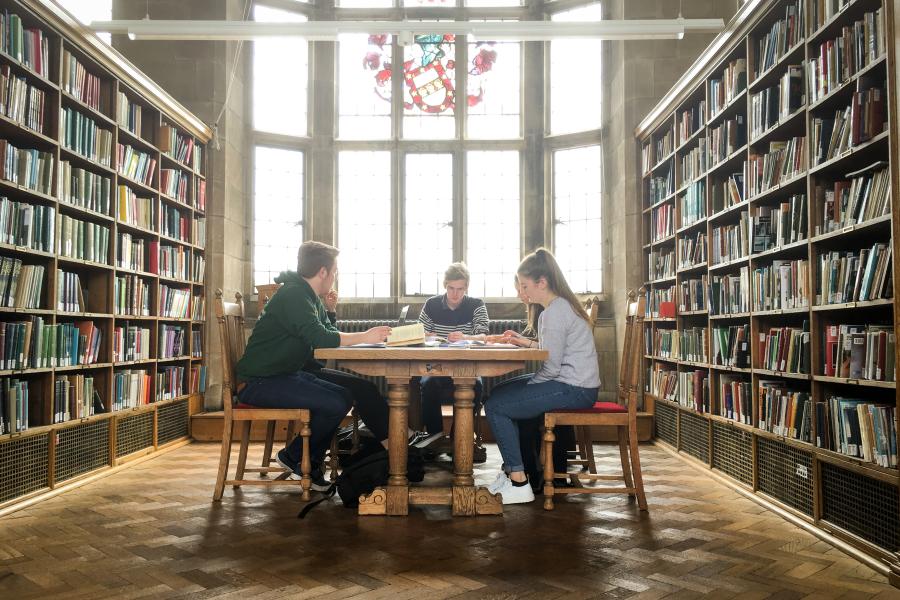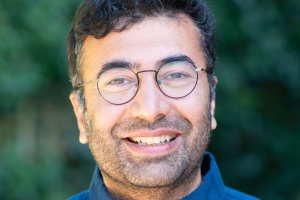Undergraduate Study
Undergraduate Subject Areas
Choose from the following subject areas:
Undergraduate Subject Areas
Choose from the following subject areas:
Postgraduate Study
Postgraduate Taught Subject Areas
We offer postgraduate taught courses in the following subject areas:
We offer postgraduate taught courses in the following subject areas:
Postgraduate Research Subject Areas
Postgraduate Research opportunities are available in the following subject areas:
Postgraduate Research opportunities are available in the following subject areas:
Academic related units
News
See MoreEvents
School of Arts, Culture and Language, Bangor University, Bangor, Gwynedd LL54 7DG
Contact Us
School of Arts, Culture and Language, Bangor University, Bangor, Gwynedd LL54 7DG







